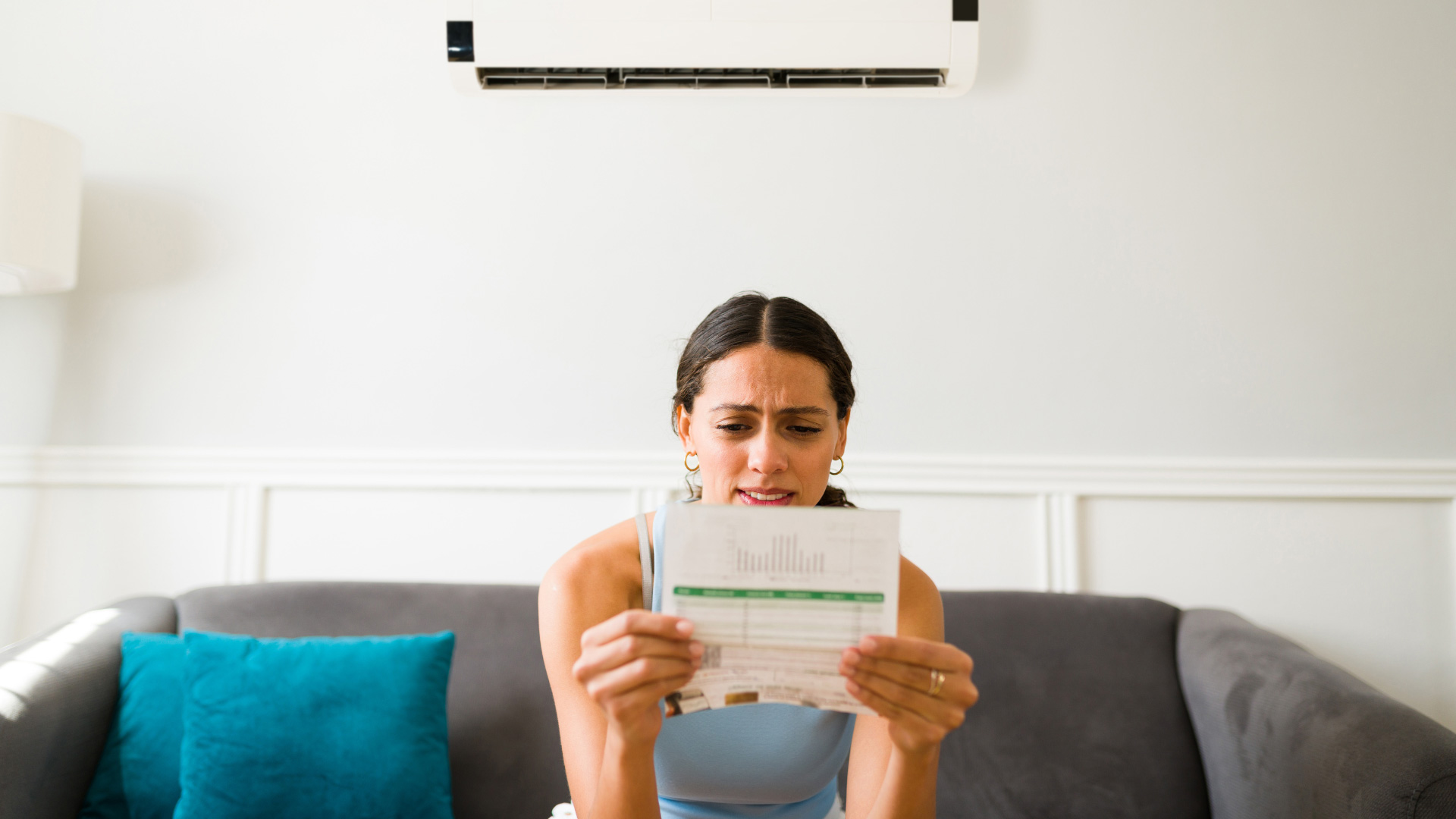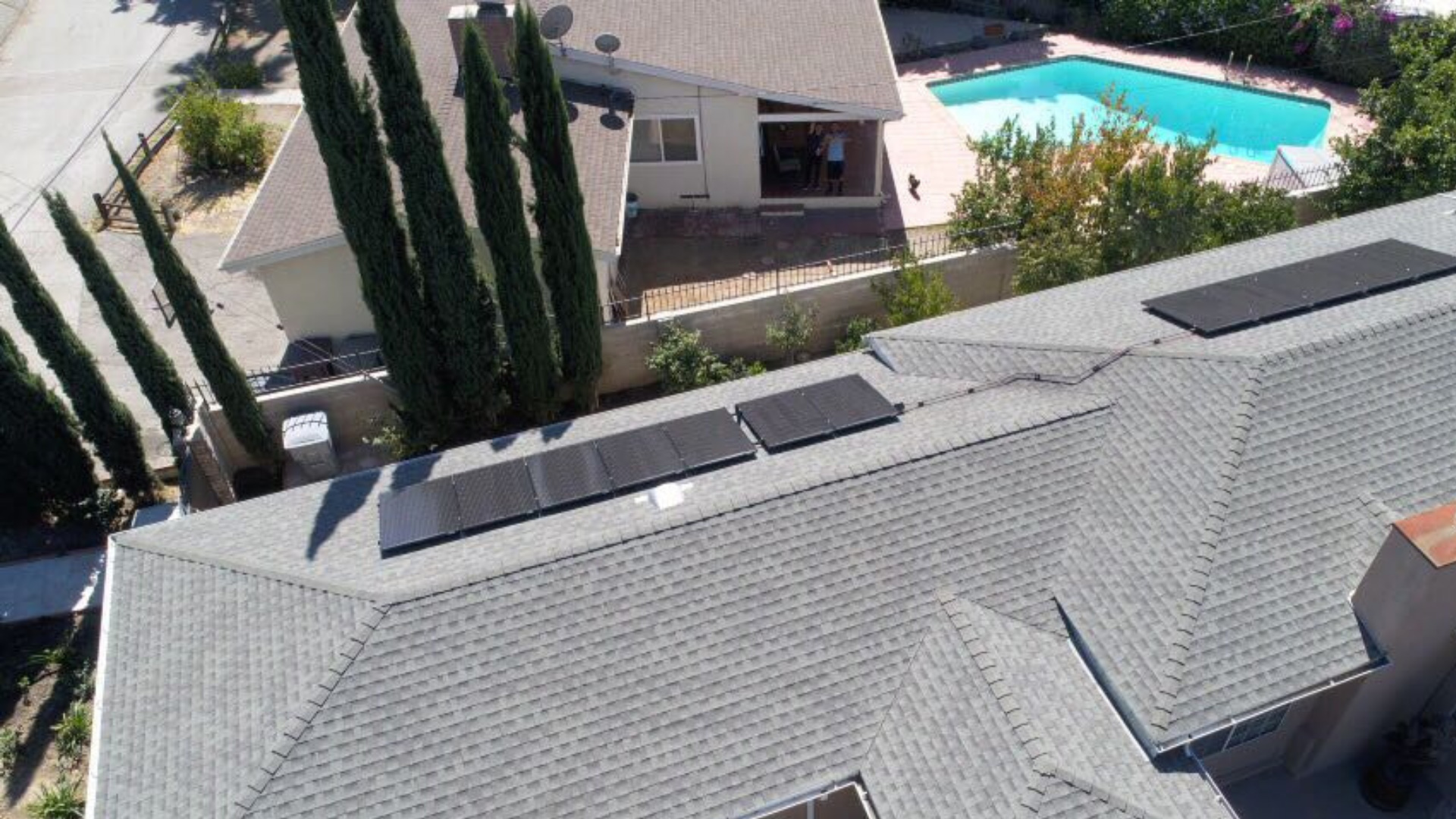Customers who are wondering, “Do you still get an electric bill with solar panels?” are sometimes shocked to learn the answer. Counterintuitive as it seems, even fully self-reliant solar-powered homes receive a monthly electric bill in Florida.
Yet as we’ll explain, the most efficient solar system will still cut the bill dramatically down to size and make you all but grid-independent. It could also position you to sell more energy back to the grid than you pay to maintain connectivity.
Why Do You Still Get an Electric Bill With Solar Panels in Florida?
There are several reasons you still receive an electric bill with solar panels, mostly revolving around charges associated with maintaining connectivity to the traditional grid (such as maintenance costs). This is necessary for supplemental energy and net metering, where your energy meter runs backward, and you get energy credits for the excess solar energy you produce and feed back into the grid.
Technical limitations in your solar system may also contribute to small, but lingering electric bills. Of course, monthly electric bills will likely be much lower with solar panels, especially with Florida’s robust solar-friendly policies.
4 Reasons You Still Get an Electric Bill With Solar Panels
So even if you’re generating 100% of your home’s electricity, do you still get an electric bill with solar panels? Yes, and here’s why:
- Baseline utility service charges apply even if you use a minuscule amount of electricity from the grid. Duke Energy, for example, applies a $30 minimum usage charge to all customers for electric system maintenance.
- Cloudy days can lower solar panel efficiency, requiring more power from the grid
- Insufficient battery storage, which causes electricity to be lost if not used shortly after being generated by your solar panels
- Lack of net metering, a means of selling excess energy back to the grid.
How To Save on Your Florida Electric Bill
With a properly designed solar system matched to your home’s energy consumption rates, you can cut down on electric grid consumption. Even if your system can’t eliminate it at all times of the year, robust battery storage can help you use your own electricity during peak hours and only use grid energy when rates are lowest.
In Florida, federal tax credits can cover up to 30% of the installation costs for solar battery systems. While these and other cost-saving measures don’t reduce your monthly bills, they can help offset them as you take the boldest possible step toward greater energy independence.
These are just several examples of how we’re continually finding ways to reduce your energy bills with a creative, solutions-oriented approach to solar systems.
Maximum Solar Efficiency for Minimal Energy Bills
Due to our year-round sunny days, Florida makes it easy to derive maximum efficiency and value from smaller solar systems. Regardless of the sometimes confusing billing matters involved in transitioning away from grid energy, solar power is an effective solution to producing your own electricity and dramatically slashing your bills. Save even more when you work with a dependable solar panel company like Solar Optimum. We serve Polk County, Hillsborough County, Orange County, the Greater Orlando area, the Greater Tampa area and Central Florida.
To learn more about how solar energy systems can reduce your Florida electric bills, contact Solar Optimum, or download our Ultimate Guide to Going Solar.






